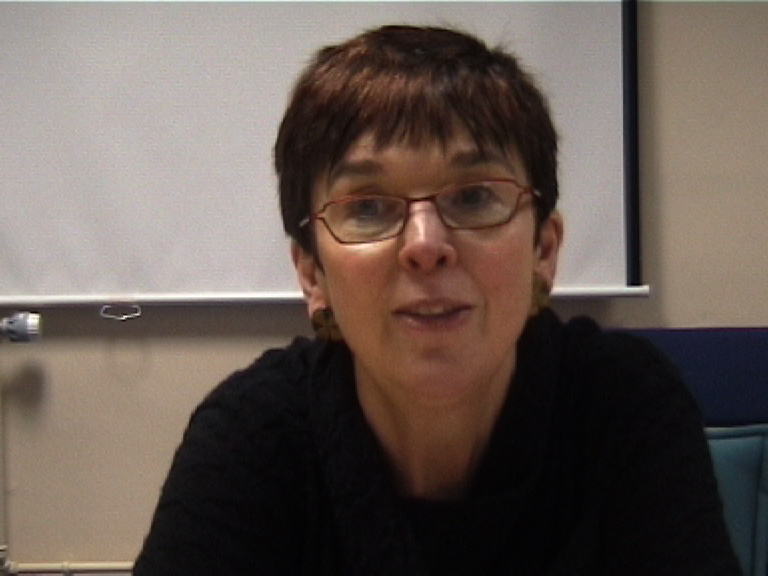Policy and Reform
Flexible curriculum 14 - 19
Linda Parker on optionality: the consequences for Modern Languages study in key stage 4

This seminar is offered in the light of the significant findings of the Language Trends (2006) survey carried out by CiLT in partnership with ALL and ISMLA. The research investigated provision and take-up of Modern Languages at key stage 4 in schools in England. The most recent 2007 Language Trends secondary survey has confirmed that the issues raised in the 2006 survey remain highly relevant to the future of languages teaching and learning in this country.
The seminar consists of 4 parts:
Part 1: introduction to the main issues
The Director of the Association for Language Learning (ALL), responds to
seven key questions raised by the 2006 trends survey on provision and take-up
of Modern Languages study at key stage 4.
Part 2: background to the research
This part draws together significant research data and an outline history
of evolving national policy between 1998 and 2005, in order to place current
trends and policy in a clear context.
Part 3: the latest research
The worrying decline in MFL provision and take-up continues according to
the latest findings, published in November 2006 by CILT. It has thus become
apparent that more substantial action needs to be taken to halt this decline:
Lord Dearing has headed the review of modern languages with a particular
remit to study what could be done to promote post-14 languages study. The
most recent documentation relating to this review can be found in this part.
Part 4: adding to the national research base via ITT MFL
HEI tutors and school-based Mentors are invited to collaborate with trainees,
and submit mini-research projects on the interactive seminar topics.
ITT MFL wishes to host such inquiry, disseminate the findings, and feed the data into a national research base. Thus can we better operate as a MFL teaching and learning community, seeking to ensure a more democratic management of change via increased ownership of the processes.
Some guidance for setting up research-based inquiry by your trainees is given in this part.


